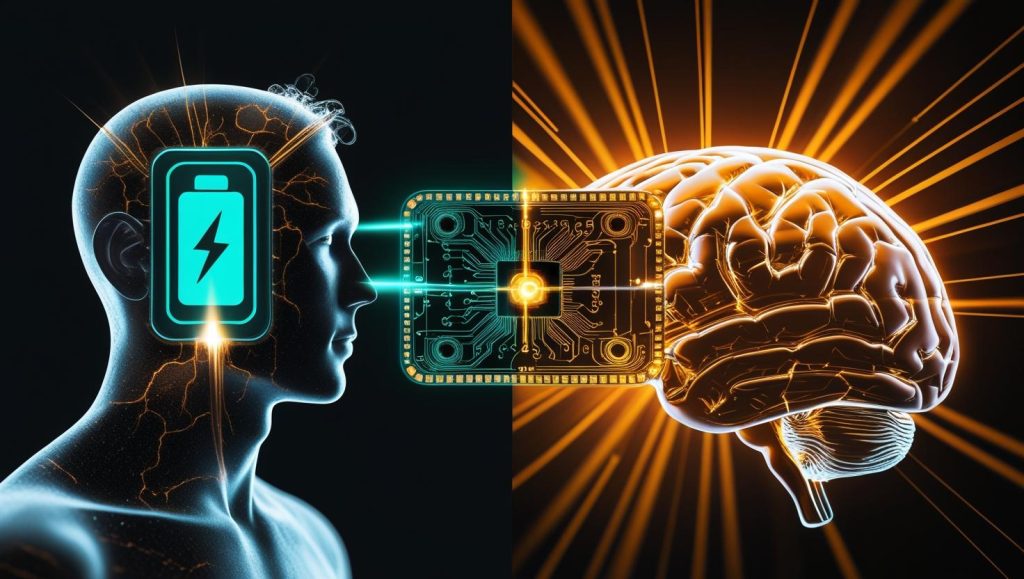Productivity isn’t just about doing more—it’s about retaining more. While many habit systems focus on physical routines like journaling or hydration, cognitive habits—how we process, remember, and apply knowledge—are just as critical, especially for modern knowledge workers. That’s where Memo AI steps in, bringing AI to the center of your learning workflow.
This tool doesn’t just help you remember facts. It transforms your personal notes, articles, and highlights into review-ready flashcards using natural language processing (NLP). And with its built-in spaced repetition engine, Memo AI enables a habit of continuous learning that’s deeply embedded in your daily rhythm.
As we explored in our article on AI-powered habit design for knowledge workers, successful habit-building requires more than repetition—it needs systems that evolve with you. Memo AI represents that evolution for mental performance: frictionless, personalized, and adaptive.
Why learning habits matter more than ever
For remote professionals, startup founders, and creatives navigating rapid change, learning isn’t optional—it’s survival. Whether you’re digesting complex reports, upskilling in tech, or tracking industry trends, what you remember shapes what you can act on.
But memory is fragile. The brain forgets more than 50% of new material within 24 hours unless it’s reinforced. That’s where spaced repetition comes in—a proven technique that resurfaces information just as you’re about to forget it, strengthening retention over time.
Memo AI automates that reinforcement loop using your own materials. The result? Instead of re-reading the same notes endlessly, you build a learning rhythm grounded in neuroscience.
How Memo AI works
Memo AI is a flashcard generator powered by NLP and machine learning. Its workflow is simple:
- You input content—notes, book highlights, meeting transcripts, or articles
- Memo AI extracts key ideas and transforms them into question-answer flashcards
- You review them in sessions guided by spaced repetition intervals
Over time, Memo AI learns your recall patterns. It knows which cards you nail, which ones stump you, and when to reintroduce them for maximum retention. What used to take hours—manual flashcard creation and spaced scheduling—now takes minutes.
Why it’s more than a study tool
Most people think of flashcards as academic tools. But Memo AI redefines them as performance enhancers. Here’s how knowledge workers use it in real life:
- Content creators turn research into reusable mental models
- Executives retain details from dense strategy docs and client decks
- Founders build domain fluency fast when entering new industries
- Freelancers memorize workflows and pitch narratives
What’s most valuable is the habit loop Memo AI creates: ingest → distill → reinforce. It aligns with the habit-stacking principles we discussed in our article on Fabulous—only here, the habit isn’t physical. It’s mental clarity.
Smart features that build better cognitive routines
- Automatic question generation: Memo AI uses NLP to craft recall prompts from your text, removing friction from flashcard creation.
- Spaced repetition engine: Learns from your review history to schedule cards intelligently—more often for weak spots, less for mastered content.
- Personalized review decks: You can tag decks by topic, goal, or project to align with your current focus areas.
- Real-time review insights: See your memory curve and accuracy trends, reinforcing a sense of progress.
In short, Memo AI doesn’t just help you study—it helps you build a relationship with your own mind.
Where it fits in your habit ecosystem
Memo AI is a perfect cognitive complement to other behavior-focused tools:
- Fabulous helps build reflective routines and self-care structures
- Rize gives visibility into time usage and attention patterns
- Memo AI turns inputs into long-term memory, fueling creative confidence and execution
Together, they form a complete loop: awareness (Rize), behavior (Fabulous), cognition (Memo AI). If your current habit system lacks a learning component, this is the tool to add it.
What users say about the experience
“I’ve tried Anki, but it always felt like homework. Memo AI feels like my second brain—it surfaces what I need to remember, when I need it, and connects directly to my goals.” — Ava T., product marketer
“This is the only tool that helped me turn reading into recall. I don’t just highlight anymore. I remember.” — Marcus C., freelance UX writer
Ideal for…
- Self-learners building study routines
- Remote workers juggling fast-paced project pivots
- Startup teams trying to onboard new concepts at speed
- Burnout survivors who need frictionless ways to rebuild cognitive confidence
And especially for neurodivergent professionals, Memo AI offers structure without rigidity—a system that flexes without judgment.
Limitations to keep in mind
- Learning curve: Creating meaningful flashcards still takes intent—NLP isn’t perfect, and some editing may be needed.
- Limited integrations: Doesn’t yet sync with Notion or Obsidian for auto-importing notes.
- Premium pricing: The best features are behind a paywall, though most users report quick ROI.
The future of habit design is cognitive
Memo AI doesn’t just create flashcards. It creates continuity. In a distracted world, that’s rare—and valuable. By pairing passive review with intelligent scheduling, it turns knowledge work into a rhythm, not a hustle.
And when combined with tools like Rize and Fabulous, Memo AI helps build the mental resilience modern professionals need: not just to perform—but to retain, evolve, and lead.
Final word: remember what matters
Knowledge is your edge. But only if you can recall and apply it. Memo AI makes that edge sharper by embedding learning directly into your digital routine.
If you’re serious about scaling your learning without adding cognitive load, Memo AI deserves a place in your habit stack. Because in 2025, the best habits aren’t forced—they’re fluid, data-driven, and identity-aligned.
Start with one deck. Build the habit. Let AI do the remembering—so your mind is free to create.



